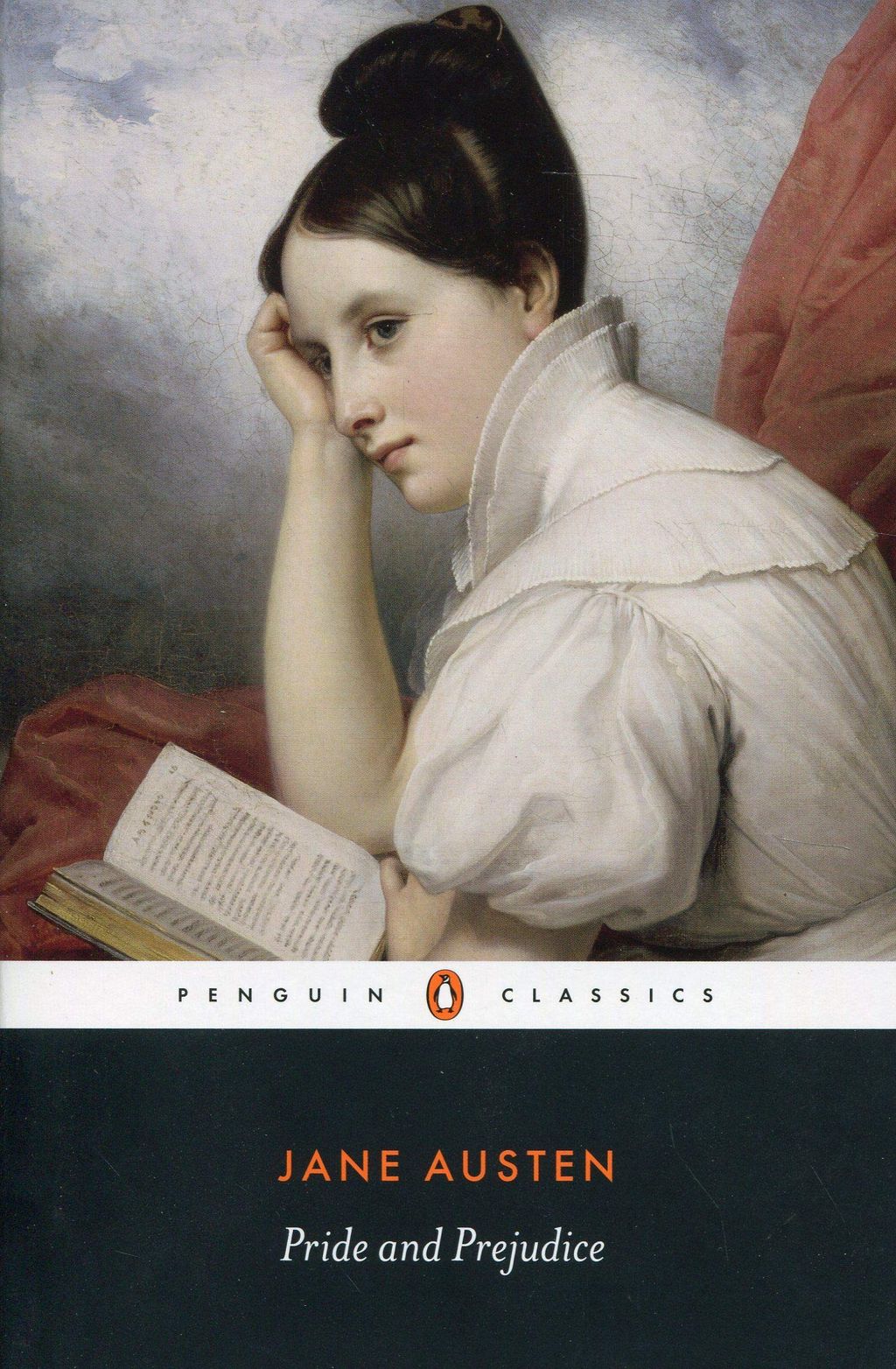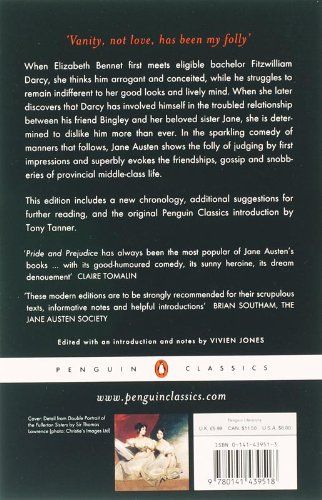Pride And Prejudice - Analysis As A Feminist Novel
Jun 10, 2019 • 74 views
'Pride and prejudice', a European classic romantic novel published in 1813 depicts the fairy tale love story of a rich, handsome man falling for a beautiful, intelligent girl. It surely creates various impressions of a conventional love story with a happy ending in the minds of the readers when they hold the book for the first time. Indeed, a large number of biases about this most well regarded composition of Jane Austen is true. But, is that all what the novel offers?

The novel surely has something else to offer to be celebrated among the litterateurs for centuries. Let's dwell on it.

The starting line of the novel - "It is a truth universally acknowledged, that a single man in possession of a good fortune, must be in want of a wife." The startling opening lines of the novel very well quantifies men and objectifies women yet presents the mind-set of a majority which is an unfortunate truth of our society - Marry for certainty not love.
The story begins with the romance of Mr.Bingley and Jane (the eldest Bennet daughter) and ends with the acceptance and romance of Mr. Darcy (close friend of Mr. Bingley) and Eliza (Jane's younger sister or second Bennet daughter) depicting a conventional take to the respective romances. The take is well depicted via the stature of the men and beauty as well as the intelligence of the women in the story.
The plotline presents various shades of the characters where one finds their thinking and personality modern. If Mr. Bingley and Mr. Darcy looked beyond the rigid European class system, then Jane and Eliza were way too independent and strong headed for the women of their era.
The genuineness and selfless service contained in the relationship of these two Bennet daughters as well as their sense of responsibility and love towards the rest of the Bennet daughters was rare to behold in that era. It was because the ways of society were as such that the only thing women of that era pursued was a settling marriage.
The Bennet daughters upbringing and education had surely made them ladies of their own will. Jane's beauty and amiable nature that could impress anybody was well complimented by Eliza's spontaneity and wisdom. Whereas, Mr. Bingley's manners and courtesy were a starking contrast to Mr. Darcy's aloof nature and perceived arrogance.
The subtle feminism contained in the novel is well portrayed through various instances where Jane and Eliza make a stand and a say for themselves, love, family and friends.
Jane's demeanour, her love for Eliza, her submissive nature and the service she offers to her family creates an example and sets the reasons for her being the most ideal life partner. Whereas, Eliza or Lizzie 's obstinacy and spontaneity surely portrays her interesting personality who thought and felt way ahead of her time.
The gradual portrayal of Eliza throughout the novel reveals her mind-set and thinking which was a bit unusual for her contemporaries.
The way Eliza perceived herself and marriage as an institution based on equality and compatibility was unique. Her rejection to Mr. Collins's proposal, refusal to Mr. Darcy's proposal when he approached her for the first time due to what he did to her sister Jane and Mr. Wickham, her answer to Lady Catherine's allegations and most importantly her independence and free will exercised throughout the novel reveals the subtle feminism Jane Austen believed in which was well portrayed through Eliza's character.
